You’re Probably Making One of These Gross Hygiene Mistakes Every Single Day
Most of us stick to the basics when it comes to hygiene: showering, brushing our teeth, and washing our hands. It feels routine, but the routine itself can hide mistakes. Small habits that don’t seem like a big deal can quietly cause skin trouble, bad breath, or other problems if you’re not paying attention.
Using Hand Sanitizer as a Substitute for Soap
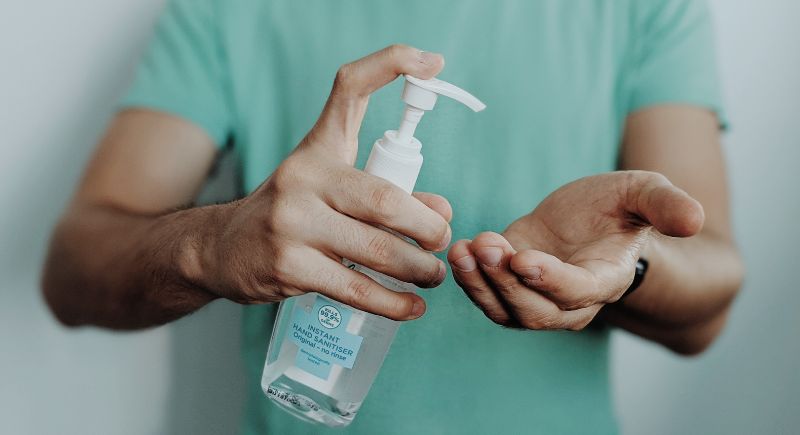
Credit: Canva
Sanitizer is great in a pinch, but it’s not a replacement for actual soap and water. It won’t cut through greasy fingers or rinse away grime. Many bacteria still cling to skin unless they’re physically washed off. Save sanitizer for emergencies, not as your go-to cleaning strategy.
Letting Towels Sit Damp Between Uses

Credit: Getty Images
Even after one use, towels trap dead skin and moisture. In poorly ventilated bathrooms, that mix breeds bacteria quickly. Using the same towel repeatedly without drying it properly or washing it weekly increases the risk of skin irritation and odor buildup.
Brushing But Ignoring Your Tongue and Gums
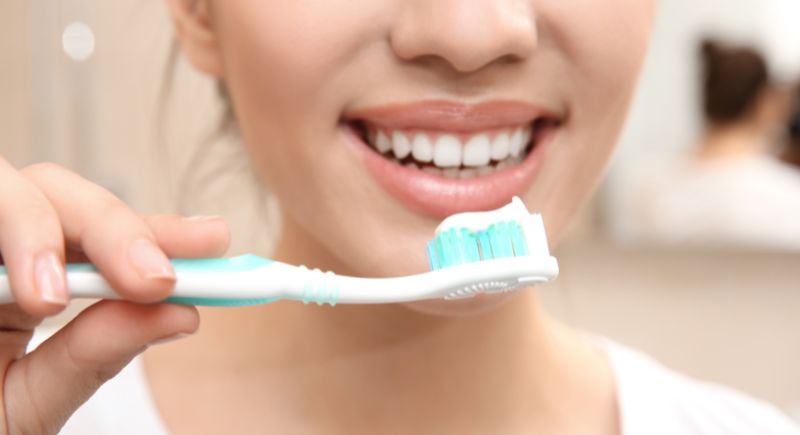
Credit: pixelshot
Plaque and bacteria don’t stop at your teeth. The tongue collects buildup that causes bad breath, and the gumline is where early problems often start. When you brush, tilt the bristles toward the gums and give your tongue a quick scrub. It takes a few seconds and makes a big difference.
Reusing Loofahs for Too Long
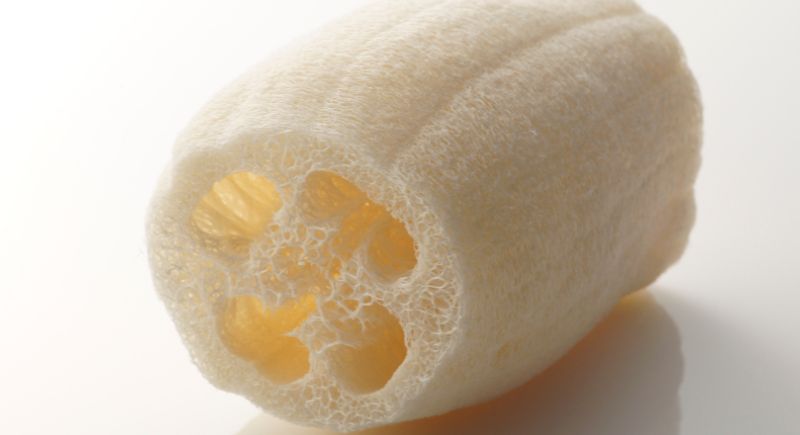
Credit: Getty Images
Loofahs love dead skin, and bacteria love loofahs. The longer they hang around damp and forgotten, the more they turn into bacterial sponges. If yours is discolored or starting to smell like wet laundry, it’s been around too long. Replace it monthly or skip it entirely.
Not Washing Pillowcases and Sheets Often Enough
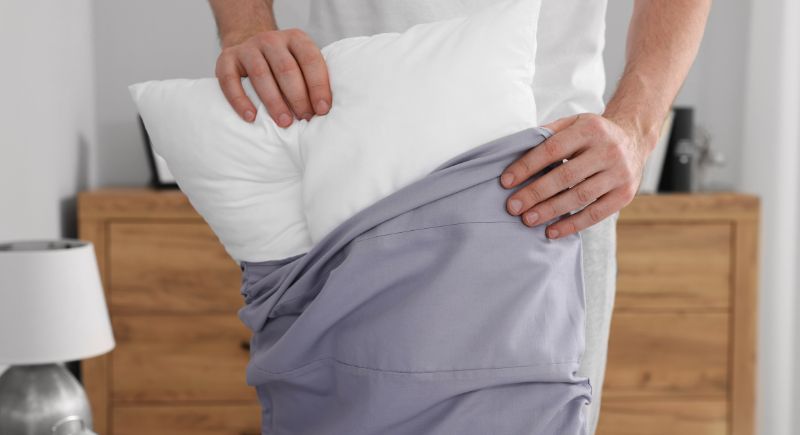
Credit: Africa Images
Your bed collects sweat, skin flakes, oils, and maybe a little drool. Pillowcases in particular get the worst of it, especially if you sleep face down. Going more than a week between washes means all that buildup just hangs out on your skin while you sleep.
Neglecting To Clean Everyday Objects
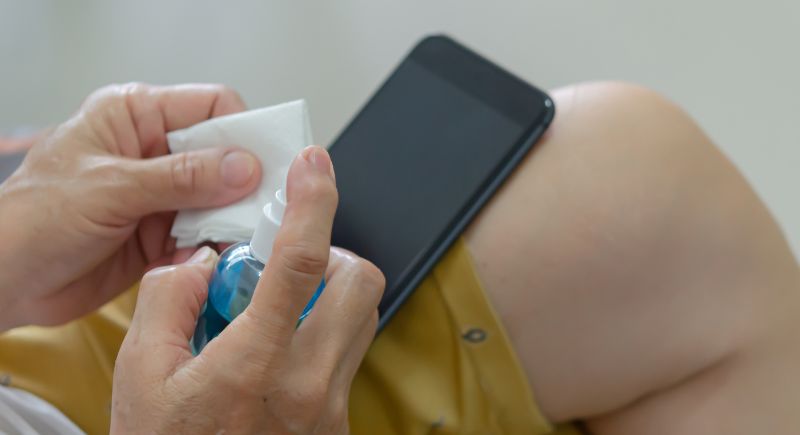
Credit: Canva
Phones, earbuds, keys, and remote controls all get handled constantly, yet rarely cleaned. Germs easily transfer from these surfaces to your face or mouth. A quick wipe-down with alcohol-based sanitizer once a week can cut down significantly on bacteria exposure.
Over-Exfoliating Your Face
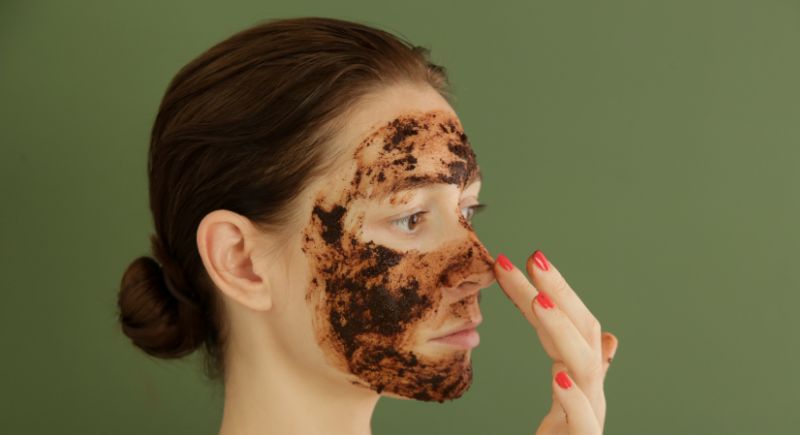
Credit: Getty Images
A scrub can clear dead skin, but too much strips away the barrier your face needs to stay healthy. When that layer is worn down, irritation shows up fast—redness, stinging, or dryness after you wash. That’s your cue to ease up and give the skin a break.
Using Harsh Soaps on Sensitive Areas
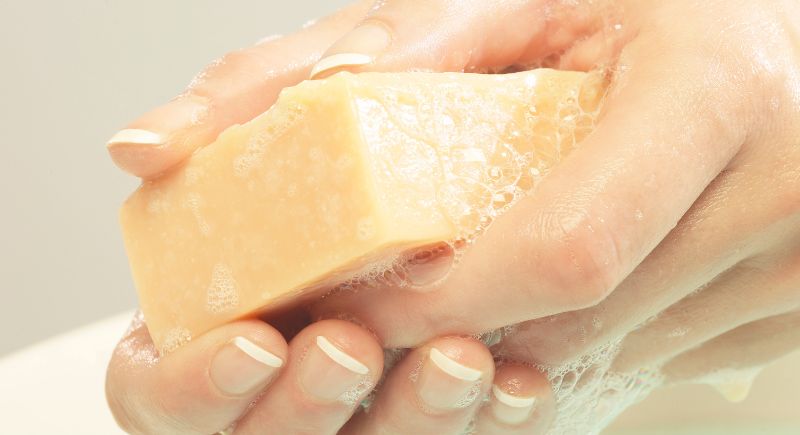
Credit: Photo Images
That part of your body handles its own balance pretty well. Harsh soaps, especially scented ones, can irritate sensitive skin and mess with its pH. Unless a doctor tells you otherwise, stick to mild, fragrance-free options or just water, and let your body do its thing.
Applying Too Much Laundry Detergent
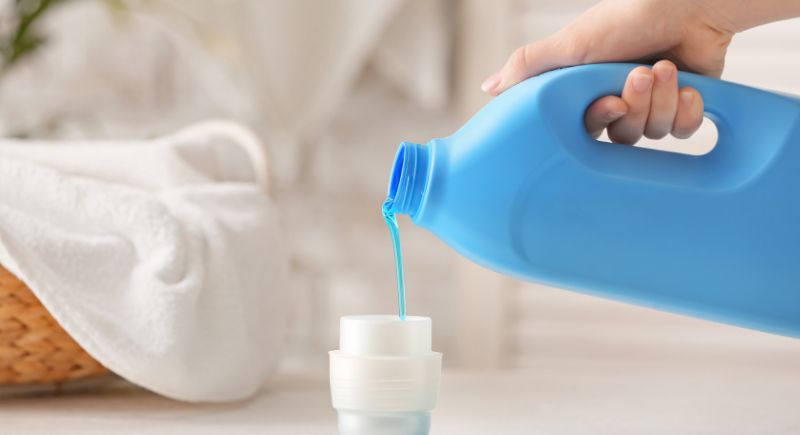
Credit: pixelshot
More detergent doesn’t equal cleaner clothes. In fact, it can do the opposite, and trap residue and odors in fabric. Overloaded machines can’t rinse thoroughly either. If your freshly washed clothes still smell off or make your skin itch, check the dosage on your detergent bottle.
Skipping Hair Removal in Moisture-Prone Areas

Credit: Getty Images
Thick body hair in places like the underarms or groin can trap sweat, especially in humid weather. This doesn’t mean full removal is necessary. You can stick to trimming, which can improve hygiene and reduce persistent odor when paired with proper cleansing. It also makes deodorants work better.
Not Changing Toothbrushes Often Enough
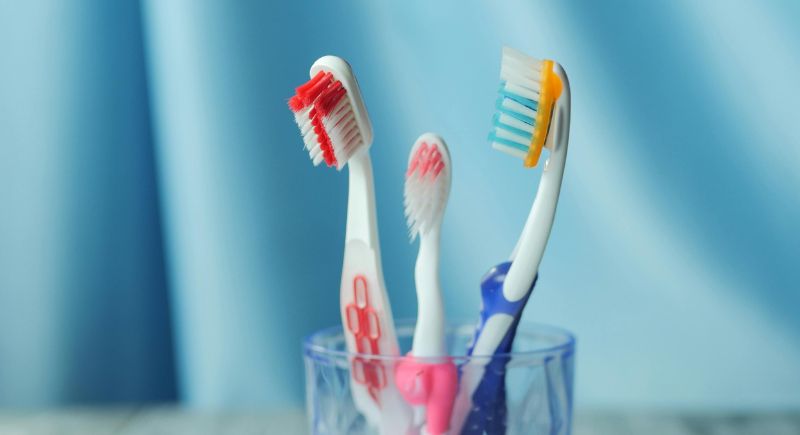
Credit: pexels
Even if toothbrush bristles look fine, they wear down and accumulate bacteria. Dentists recommend replacing them every two to three months. Brushing with a worn-out toothbrush is less effective and increases the risk of gum problems and bad breath.
Forgetting to Rinse Shampoo from Skin
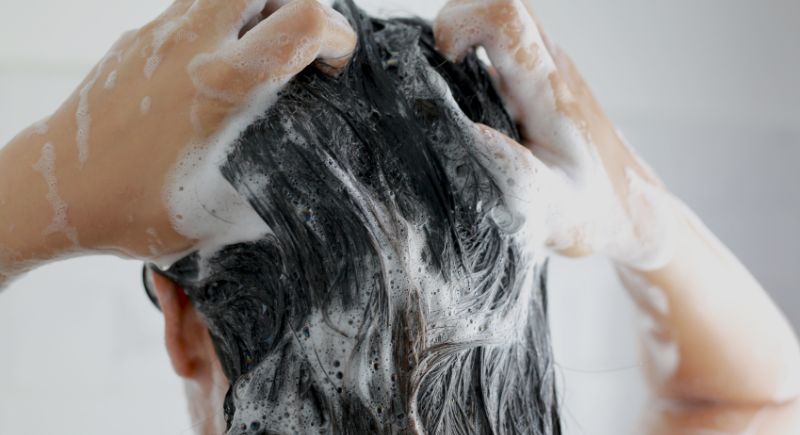
Credit: rattanakun
Shampoo and conditioner often drip down the back, chest, or shoulders, and many people don’t rinse these areas afterward. Residue left behind can clog pores and cause body acne. Always rinse thoroughly or wash your body after rinsing hair products.
Relying on Hand Dryers in Public Bathrooms
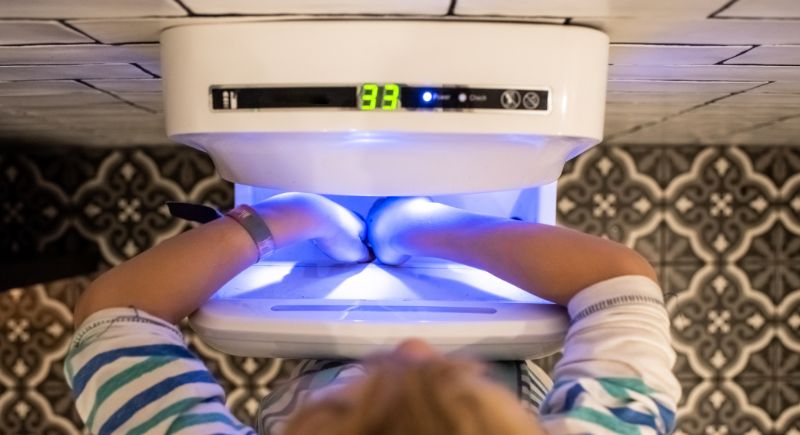
Credit: Canva
High-speed hand dryers circulate air that’s often filled with bathroom bacteria. Instead of drying hands, they may blow microbes onto your skin. When given the choice, paper towels are the safer option, especially in busy or shared restrooms.
Never Cleaning the Dryer Filter
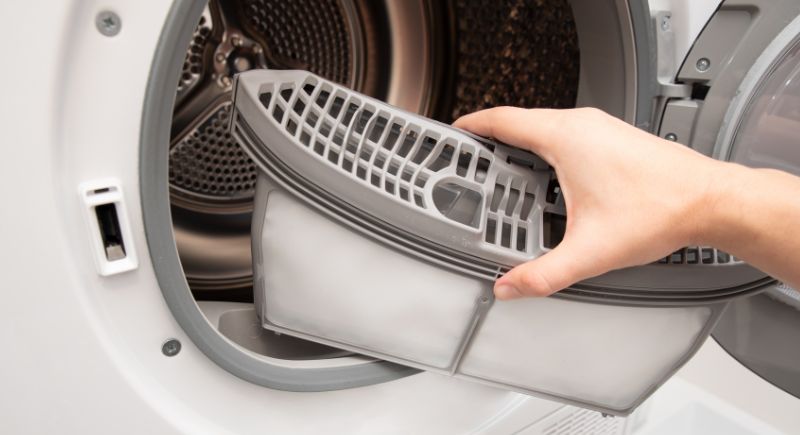
Credit: Proxima Studio
Clogged dryer filters reduce efficiency and can become a fire hazard. Lint traps also harbor odor and bacteria, especially in humid laundry rooms. Vacuuming out the filter a few times a year keeps your machine safer and your laundry fresher.
Flushing With the Lid Open
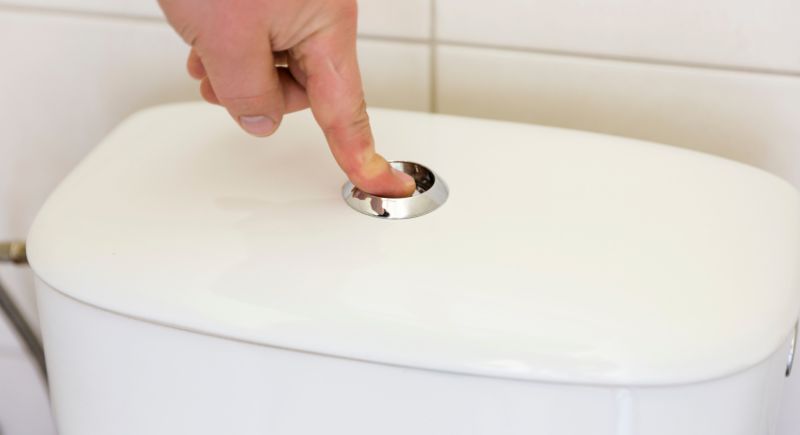
Credit: Getty Images
Toilet flushes release a spray of invisible particles into the air. These droplets can land on your toothbrush, hand towel, or anything else nearby. Always close the toilet lid before flushing, especially in bathrooms where personal items are stored.